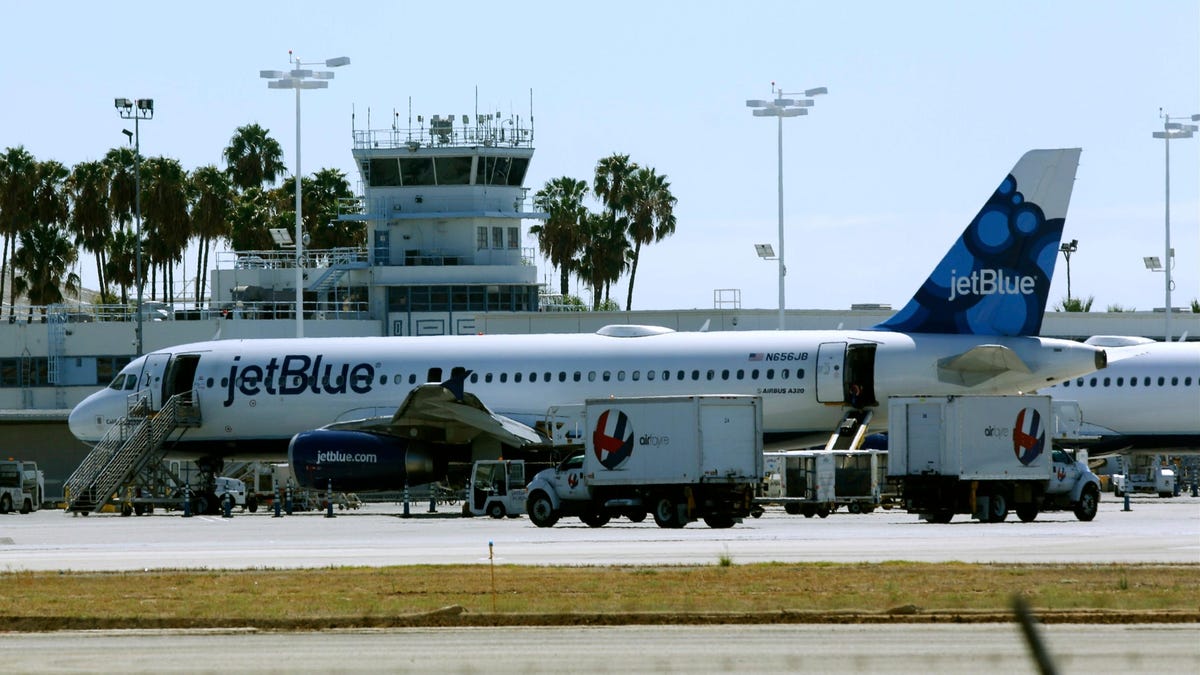JetBlue Introduces Surge Pricing for Checked Bags
Checked bag fees have long been a lucrative source of revenue for airlines, with carriers collectively raking in nearly $30 billion in 2022 from these charges alone. Despite this substantial income, JetBlue has now taken the controversial step of implementing surge pricing for checked bags. This move has been attributed to the airline’s need to offset rising expenses related to employee wages and jet fuel costs.
Details of the Surge Pricing Policy
JetBlue’s surge pricing scheme, first reported by Fortune, will be activated during peak travel periods, beginning from the second half of April through June 20th, and then from June 20th through Labor Day. Additionally, surge pricing will apply during Thanksgiving and the holiday season in the second half of December. This variable pricing model based on demand has proven to be unpopular among consumers, a sentiment echoed in similar instances such as Wendy’s dynamic surge pricing system.
Under the surge pricing structure, the cost of checking a bag varies depending on factors such as the passenger’s destination, ticket price, JetBlue membership status, and the weight of the luggage. For instance, during non-peak times, the standard fee for a checked bag on a basic fare ticket is $35 if paid online 24 hours before the flight. However, during peak periods, the fees can escalate significantly. For example, bag fees for Thanksgiving week could soar to $50 for the first bag and $70 for the second, if checked within two hours of the flight.
JetBlue justified these fee adjustments as necessary for maintaining profitability and covering escalating operational costs. By implementing surge pricing for services mainly utilized by a subset of customers during peak demand periods, the airline aims to keep base fares as competitive as possible.
Industry Expert Insights
An aviation expert representing the National Consumers League highlighted the challenges surge pricing poses for consumers in comparing total travel costs across airlines. He noted that the lack of transparency in fee structures makes it difficult for passengers to make informed decisions while booking flights. Furthermore, the expert pointed out that airlines often resort to increasing fees rather than ticket prices as a strategic maneuver to reduce their tax liabilities.
While JetBlue has already implemented surge pricing, the airline has assured that customers who made bookings before March 22nd will be exempt from the dynamic pricing strategy. Despite the intention to offset rising operational expenses, the surge pricing initiative is expected to face resistance from passengers who may view these additional costs as an unwelcome burden.
Image/Photo credit: source url





